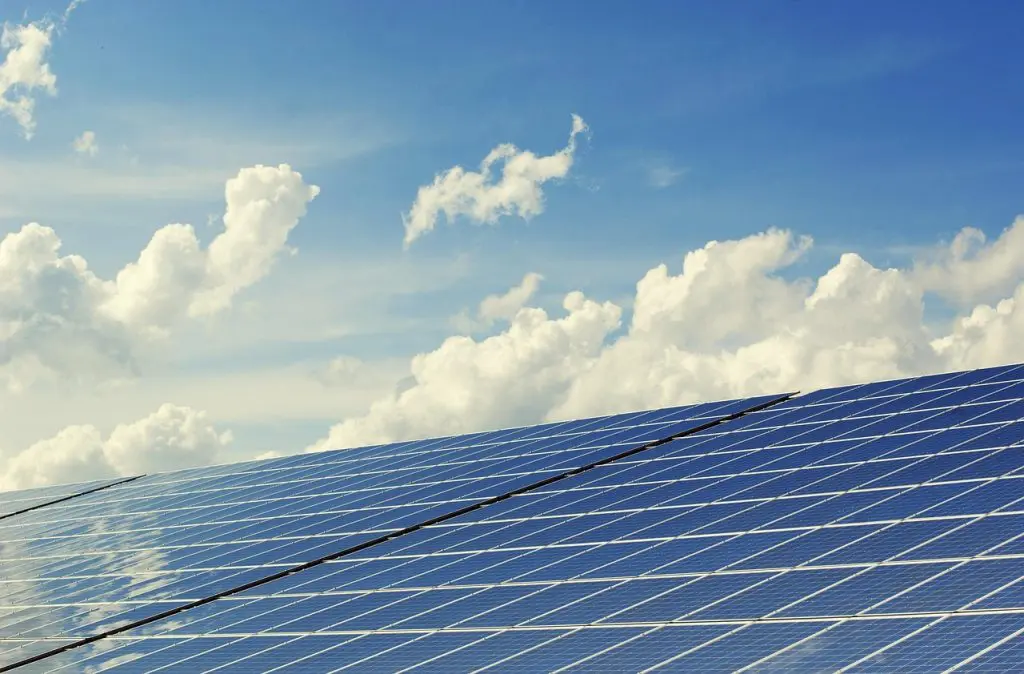
Ireland to Introduce Renewable Heat Obligation Scheme in 2026 The Irish Government has approved the introduction of the Renewable Heat Obligation (RHO) scheme, a major policy initiative aimed at reducing emissions from the heating sector and enhancing Ireland’s energy security. The RHO is set to come into effect in 2026 and will run until 2045. […]
The Irish Government has approved the introduction of the Renewable Heat Obligation (RHO) scheme, a major policy initiative aimed at reducing emissions from the heating sector and enhancing Ireland’s energy security. The RHO is set to come into effect in 2026 and will run until 2045.
The Renewable Heat Obligation will require suppliers of fossil fuels used for heating to ensure that a proportion of the energy they supply comes from renewable sources. This proportion will start at 1.5% in the first year of the scheme and 3% in the second year, with higher targets expected after a full review in year three.
The scheme is designed to decarbonise Ireland’s heating sector, which remains heavily reliant on imported fossil fuels, and to support the development of indigenous renewable fuels like biomethane.
The Renewable Heat Obligation (RHO) signals a paradigm shift away from centralised, fossil-based heating systems toward local, circular, and renewable heat production. By mandating fuel suppliers to integrate renewables, Ireland will begin redistributing energy generation closer to the point of use—particularly through anaerobic digestion (AD) plants producing biomethane in agricultural regions.
This approach strengthens local energy sovereignty, allowing rural communities to:
Generate energy from local agricultural waste,
Create closed-loop systems that reuse farm by-products, and
Retain value within local economies, rather than exporting it through fossil fuel imports.
Support Climate Targets: By incentivising renewable heating, the RHO will play a critical role in achieving Ireland’s national climate and energy goals.
Reduce Fossil Fuel Dependence: With over 70% of Ireland’s energy currently imported, the RHO aims to reduce this dependency and enhance energy security.
Grow the Biomethane Sector: A secondary but significant goal of the RHO is to help deliver the Government’s target of 5.7 TWh of biomethane production per year by 2030—equivalent to 10% of current national gas demand.
The Government has approved the drafting of the Renewable Heat Obligation Bill 2025, which will provide the legal foundation for the scheme. The National Oil Reserves Agency (NORA) has been appointed as the scheme administrator and will be responsible for implementation.
To support the inclusion of domestically produced biomethane, the bill includes a specific measure that encourages obligated fuel suppliers to source biomethane from Irish producers. This measure will require formal notification to the EU to ensure compliance with Single Market rules.
Biomethane production is expected to take place largely in rural areas, creating economic opportunities and supporting rural communities. The production process also offers agricultural benefits, such as reducing carbon emissions from farms and providing alternatives to chemical fertilisers through digestate, a by-product of biomethane production.
The RHO is a key demand-side policy under Ireland’s broader National Biomethane Strategy, which also includes two capital grant programmes to help stimulate biomethane production.
Minister for Climate, Energy and the Environment, Darragh O’Brien, welcomed the support shown for the scheme and insights from the stakeholders, stating that:
‘Approval of the general scheme by Government will now aid investment in our domestic renewable fuel industry, leading to indirect job creation, particularly across the rural economy in Ireland, helping to stimulate and sustain rural communities.’
He also emphasised the importance of ongoing EU engagement to ensure the scheme aligns with European trade principles.
At present, only two biomethane facilities are operational in Ireland, contributing approximately 75 GWh per year—just 0.001% of current gas demand in Ireland. The ambitious target of 5.7 TWh by 2030 will require significant policy support and infrastructure development.
The RHO is currently planned to run until 2045—beyond Ireland’s 2030 and 2040 interim climate targets. As that end date nears, the scheme could:
Transition to a carbon-pricing mechanism for heat,
Be replaced by a full phase-out of fossil fuels in heating,
Or evolve into a performance-based emissions reduction scheme, tailored by sector.
Policymakers should begin scoping the post-RHO landscape early, ensuring that the obligation drives not just compliance, but a culture of heat innovation, local production, and long-term decarbonisation.
Moreover, the introduction of the Renewable Heat Obligation represents a significant step in Ireland’s transition to a more sustainable and secure energy future. Through legislative backing, administrative oversight, and support for biomethane production, the RHO is poised to deliver economic and environmental benefits—particularly for rural Ireland.
At All-Ireland Sustainability, we’re committed to building a greener, fairer island—together. Stay informed on the latest environmental initiatives, community action, and policy developments shaping sustainability across Ireland, North and South.
👉 Sign up for our newsletter today and be the first to hear about upcoming events, expert insights, and ways to get involved.
Whether you’re a seasoned advocate or just starting your journey, new members are always welcome—your voice matters.
Subscribe now and be part of the All-Ireland Sustainability network.